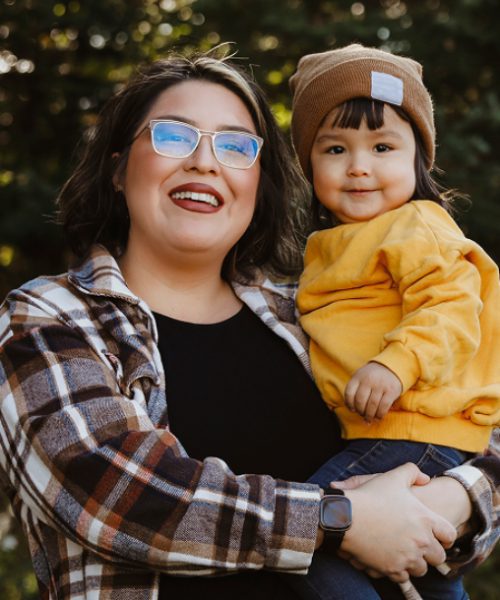What to Expect
at Your Child’s
First Dentist Visit
From toddlers to teens, we welcome kids at every Western Dental location.
Learn how we take care of their teeth as they grow up.
What happens during your child’s visit
We make it easy to support your child’s oral health with kid-friendly appointments. For little ones, parents might be asked to hold their child during the visit.
Comprehensive
exam
Exams include checking for cavities, gum health, and how your child’s teeth and jaw are developing.
Professional
cleaning
We gently remove plaque and tartar, and may recommend fluoride or sealants to protect growing smiles.
Brushing
lessons
Kids get a free toothbrush, lessons on brushing teeth, and rewards for staying cavity-free.

Kid-friendly care for growing smiles
Early dental care builds a strong foundation for healthy habits. Our pediatric team makes visits easy and comfortable—starting as early as age one. With flexible scheduling and bilingual staff, we help make visits stress-free for parents too.

Flexible payment options for everyone
We accept most insurance plans, including Medi-Cal and Medicaid, and offer financing options to fit your budget. Whether you’re insured or not, we’ll help find a solution that works for you.
Hear what’s making our patients smile
I was nervous about my root canal, but the team at Western Dental was kind and calming. The procedure was pretty painless, and I feel at ease returning for my next appointment.
Gloria helped transfer my DHMO plan and book fast care for me and my son. The dentist explained everything clearly, and we even got a free orthodontic consultation.
I was so embarrassed to smile before. Rochelle at Western Dental gave me my confidence back. The staff is friendly and made every visit feel comfortable. Thank you!
Dental care for kids FAQs
Infants should have their first dentist appointment once their first baby tooth appears or by their first birthday, whichever comes first. You’ll hold your child in your lap while we carefully check their teeth, gums, and overall mouth health.
A dentist or hygienist will check your toddler’s teeth and offer tips on brushing and diet. They’ll guide parents on building healthy habits like brushing twice a day and limiting sugary or starchy snacks that can cause cavities. During their visit, we focus on making dental care fun and helping your child feel safe and comfortable. We recommend booking a dentist appointment for your toddler every six months.
For kids ages 5 to 10, a dentist or hygienist will check how their adult teeth are coming in and look for any bite or alignment issues. If needed, they may recommend a visit to the orthodontist for a closer look. Children also typically get their first dental X-ray around age 5 and will continue to get X-rays to check alignment every 2 to 3 years.
When kids reach middle school (ages 11 to 14), a dentist or hygienist will clean their teeth, check for tartar, plaque, and decay, and may apply sealants to protect teeth like molars. With all their adult teeth in, it’s also a key time to reinforce good habits like brushing, flossing, and healthy eating.
Following guidance from the American Association of Orthodontists, we recommend children get their first orthodontic exam by age seven. You can book a free orthodontic consultation for your child at a Western Dental location near you.




